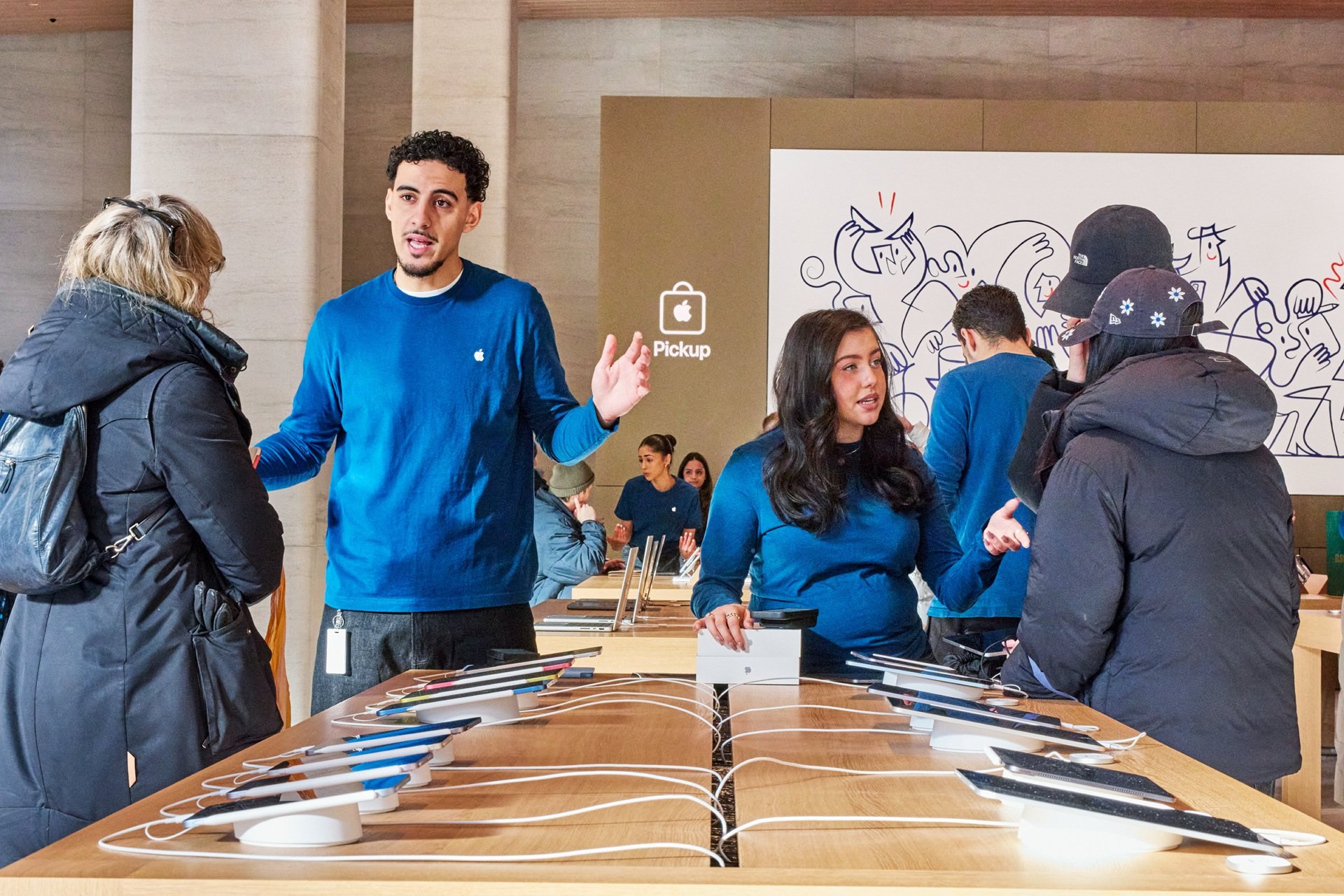As the world watches the spread of the deadly coronavirus in China, investors are particularly worried about which stocks might be affected by the health crisis. Are stocks with exposure to the Chinese consumer particularly vulnerable?
The coronavirus is a virulent strain of pneumonia that has already sickened about 400 people in China, and killed at least nine. Symptoms include difficulty breathing, high fever, and lesions on the lung. Milder cases more closely resemble the flu. The virus originated in the city of Wuhan, China, however, cases have been reported in Thailand, Japan, and the United States. Chinese authorities are taking precautionary steps ahead of the Lunar New Year holiday when millions of Chinese travel around and outside the country, potentially spreading the virus.
Travel, luxury stocks have initially been thrown overboard
On Tuesday, news of the spread of the coronavirus to areas outside of China triggered a sell-off in stocks, particularly in the travel and luxury sector. European luxury names like LVMH (LVMUY 2.39%) were down 4% on the open, and several other European luxury stocks such as Burberry, Moncler, and Richemont were weaker as well.

Image source: Getty Images.
The U.S. saw declines in Wynn Resorts (WYNN +0.31%), which fell over 6%. Carnival Cruise Lines (CCL +1.60%) was down 2%, and Capri Holdings was weak throughout the day. Las Vegas Sands also had a rough open on Tuesday, falling 6% on the open, and closing down 5%. United Airlines was down 3.6% and Marriott (MAR +0.37%) fell 3%. Tiffany was mostly unchanged on the day, but since it is being taken over by LVMH, it will be largely insensitive to day-to-day movements.
Were these moves reasonable? Should investors worry about how an outbreak in China would affect Chinese consumption patterns?
History rarely repeats, but it often rhymes
We have seen a situation like this before. In early 2003, severe acute respiratory syndrome (SARS) originated in Asia and eventually infected more than 8,000 people, killing 774. Over the first half of 2003, the illness spread throughout Asia and into North America, Europe, and South America before it was finally contained. In 2003, the SARS virus erased the tourism growth for the first time in a decade and revenue from that industry was hit significantly in the second quarter of 2003. Investigators are already pointing out that they don't expect the coronavirus to be as deadly as the SARS virus, but world health organizations are still on high alert.
How did the SARS outbreak affect investors? If you look back at luxury stocks' performance from early 2003, you get a very surprising result. During the first half of 2003, the overall market rallied about 8%. What about Wynn Resorts, which fell 6% Tuesday on fears it could affect its Macau properties? Turns out it was up in the first half of 2003. By a lot -- like 35%. What about Tiffany? Up 37%. Carnival? Up 30%. Marriott? Up 17%. It turns out that investors that sold on fears of a Chinese disease outbreak left a tremendous amount of money on the table.
Does this observation mean that you should go out and buy the luxury goods companies on this historical pattern? Probably not, since a buy-and-hold investor shouldn't try and speculate on these sorts of changeable situations in the market. However, investors should remember they have plenty of tools at their disposal, history can be a valuable investing measure, and often the facile explanation for a stock's gain or decline can be entirely specious.
For the luxury goods makers, the more relevant data point is the fact that the IMF projects 2020 will show an uptick in global growth. For a company with bright prospects like Wynn or Carnival, the illness-related dip could be a head fake, and even a chance to add exposure.









